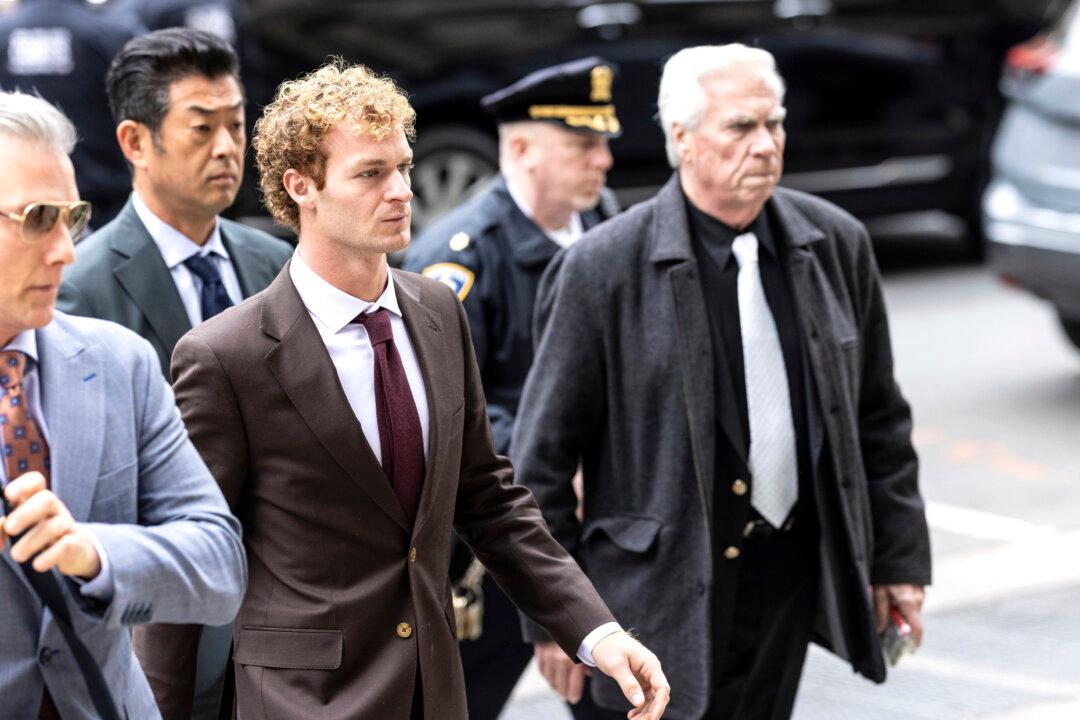Daniel Penny’s acquittal on charges of manslaughter and criminally negligent homicide in the death of Jordan Neely is unlikely to foster a more tolerant climate for citizens who seek to protect others in danger, although it may have consequences for Manhattan District Attorney Alvin Bragg, who brought the charges against him, legal experts told The Epoch Times.
The Dec. 9 verdict in the trial, which began with jury selection at the end of October before continuing through November and well into December, sparked highly emotional reactions from both supporters of Penny and sympathizers with Neely, the homeless man who died after Penny restrained him during an incident on a Manhattan subway last year.





